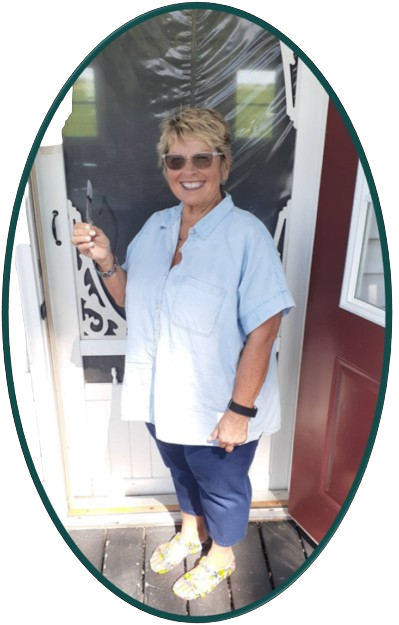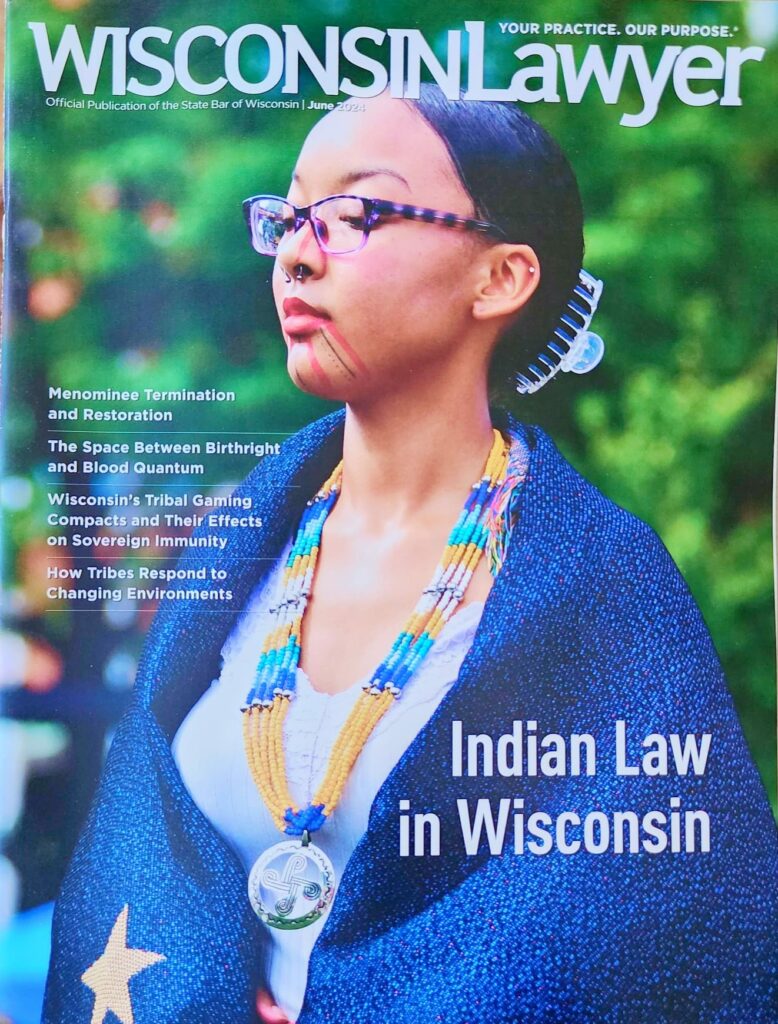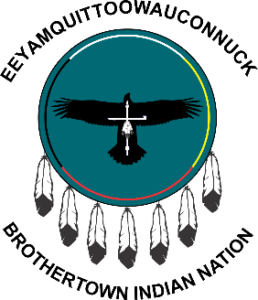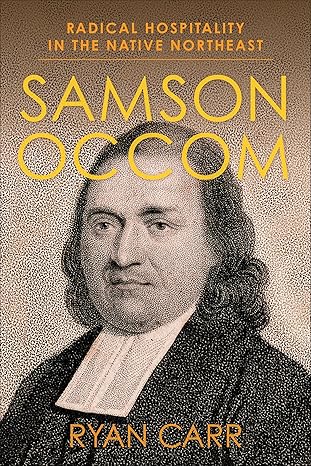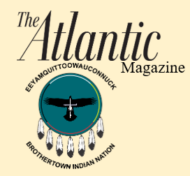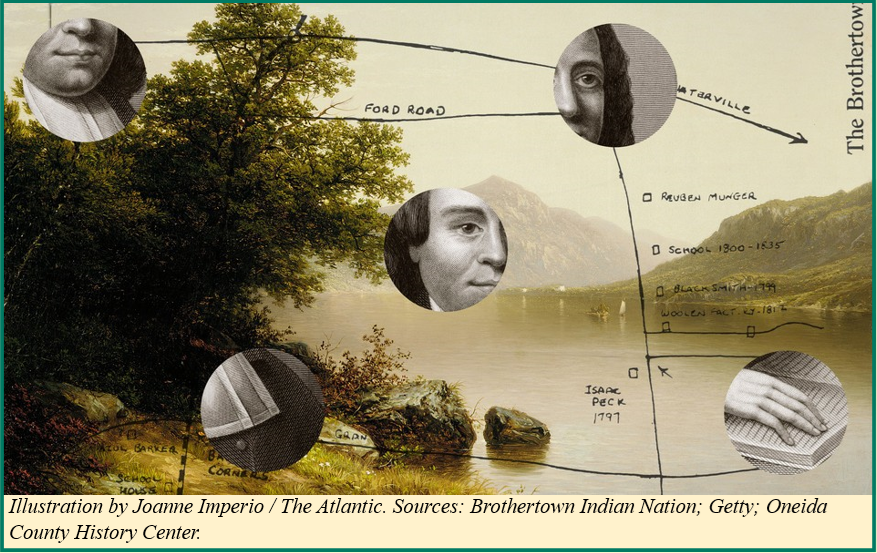A Native American Declaration of Independence
This piece written by Ryan O. Carr appeared in The Atlantic July 4, 2024
author of “Samson Occom: Radical Hospitality in the Native Northeast” (2023)
On November 7, 1785, a group of Native American families gathered in a farmhouse near present-day Deansboro, New York—about 15 miles southwest of Utica—and established a new nation, the first American republic to be founded in the aftermath of the Revolutionary War.
The families derived from seven tribes along the Northeastern Seaboard: Narragansett, Niantic, Groton Pequot, Stonington Pequot, Tunxis, Montauk, and Mohegan. They were united by a common Algonquian language, shared traditions, and a desire to distance themselves from the colonial chaos of their coastal homelands. Their founding moment was recorded in the diary of one of the group’s leaders, a minister from the Mohegan nation named Samson Occom. “Now we proceeded to form into a Body Politick,” he wrote. “We Named our Town by the Name of Brotherton, in Indian Eeyawquittoowauconnuck.” The tribe established a governing committee to be reelected yearly, appointed various officials, and commenced the business of self-government. Soon after, their counterparts in Philadelphia started doing the same under their new federal Constitution.
One of these foundings eventually became much more famous than the other. But as a historian and teacher of early-American culture and politics, I’ve found that knowing about both can upend some common misconceptions concerning the Revolutionary era. The United States founding was undoubtedly a momentous event in world history, but it happened on a continent where other communities were seeking independence at the same time. If the Revolutionary era marked a “birth of freedom,” per President Abraham Lincoln’s famous metaphor, then the United States was not the only baby in the delivery ward.
One of these foundings eventually became much more famous than the other. But as a historian and teacher of early-American culture and politics, I’ve found that knowing about both can upend some common misconceptions concerning the Revolutionary era. The United States founding was undoubtedly a momentous event in world history, but it happened on a continent where other communities were seeking independence at the same time. If the Revolutionary era marked a “birth of freedom,” per President Abraham Lincoln’s famous metaphor, then the United States was not the only baby in the delivery ward.
There are two options to read the entire interesting article:
To learn more or order Ryan Carr’s new book on Amazon: “Samson Occom: Radical Hospitality in the Native Northeast“ (2023) click here to learn more…
